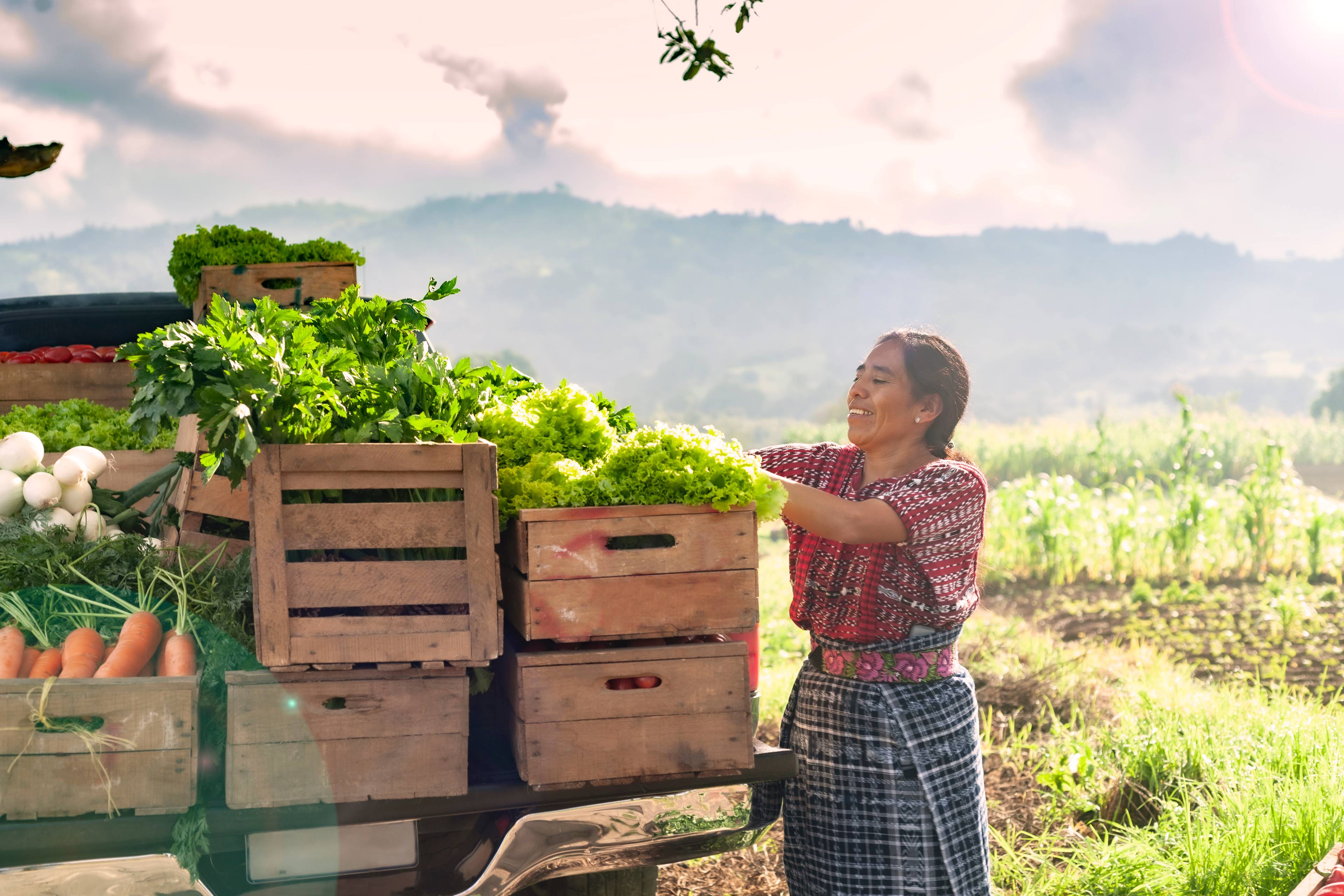
About GLOBALG.A.P.
Sustainable Development Goals
The GLOBALG.A.P. Secretariat harnesses a global reach to foster the mainstreaming of more sustainable farming practices and contribute to the United Nations Sustainable Development Goals (SDGs).
Linking responsible farming practices to sustainable development worldwide
GLOBALG.A.P. and the SDGs
Adopted by United Nations (UN) member states in 2015, the 2030 Agenda contains 17 core Sustainable Development Goals (SDGs). The goals are based on a “universal call to action” in the areas of social, economic, and environmental sustainability, and address a wide range of topics such as human rights and poverty reduction, good health and well-being, and protection of the planet – many of which are undoubtedly connected with the farming sector and food security. With over half of the world’s vegetated land now used for agriculture (according to the FAO) and an estimated one billion people working in agriculture (based on World Bank data), GLOBALG.A.P. smart farm assurance solutions are well-placed to contribute to the SDGs and long-term positive change.
What drives us?
Our vision – What do we want to achieve?
We envision a world in which farms are recognized for their efforts to continuously produce enough safe food while safeguarding our environment and the welfare of farming communities.
Our mission – How will we achieve our vision?
We collaborate with supply chain stakeholders to foster the global adoption of safer and more responsible farming practices by providing industry-leading, cost-effective, and value-adding assurance and benchmarking solutions.
Our purpose – What do we believe?
Every generation has a right to safe food. To protect this right now and for future generations, the world’s farms must produce safe food in ways that are socially and environmentally responsible and resilient.
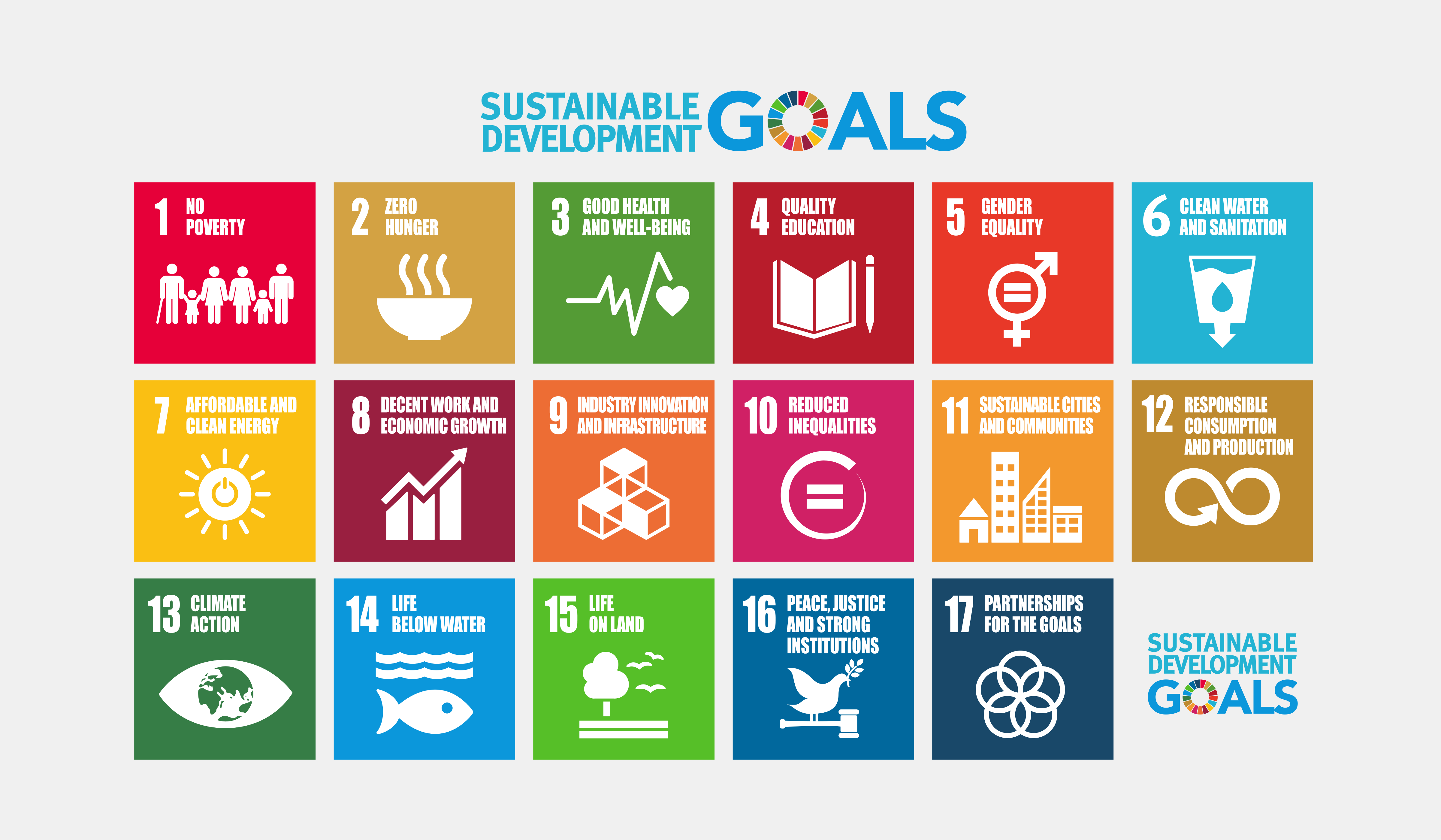
Our approach to the SDGs
Producing enough safe food, safeguarding the environment, and empowering farming communities are core principles of the GLOBALG.A.P. vision, underlined by a firm focus on cultivating global partnerships that help us advance towards the goals together.
By addressing topics such as the rights of farm workers, threats to biodiversity, water scarcity, waste, energy usage, and many more, GLOBALG.A.P. smart farm assurance solutions contribute directly to 10 of the 17 SDGs.
With over two decades of experience and innovation in the world of primary production standards and a unique network of sector partnerships and capacity building activities, our global reach continues to promote synergies on sustainability thinking and acting.
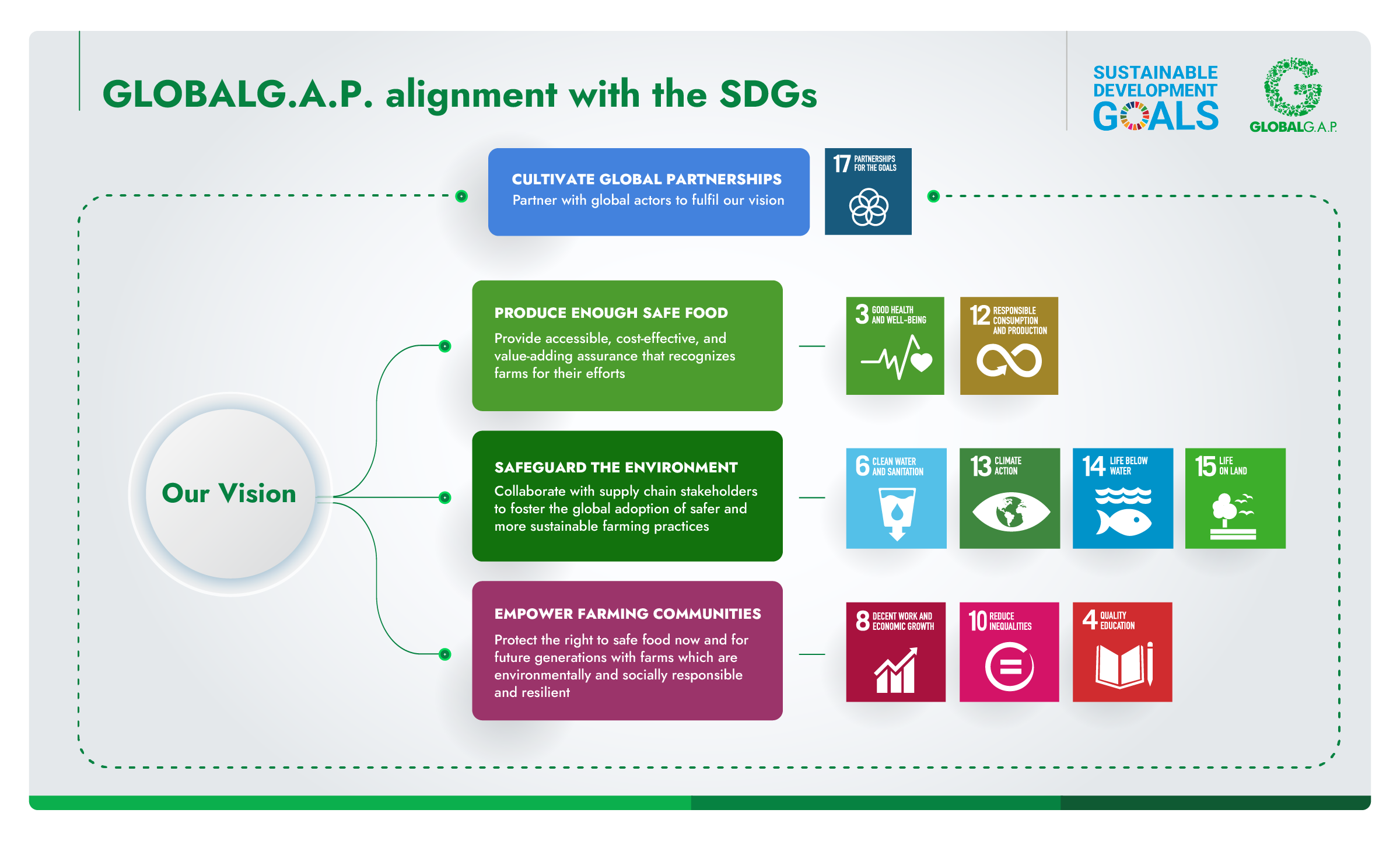

Corporate news and events have moved!
All the latest updates can now be found on the Agraya website – connecting people, ideas, and solutions across the global farming network.
How our solutions contribute
Farm assurance and the SDGs
The GLOBALG.A.P. portfolio of smart farm assurance solutions is developed through extensive collaboration with stakeholders from across the value chain, as well as careful consideration of input from governments, NGOs, and the public. In this section, you can see how our standards and add-ons help producers and supply chain stakeholders around the world in accelerating progress towards the goals.
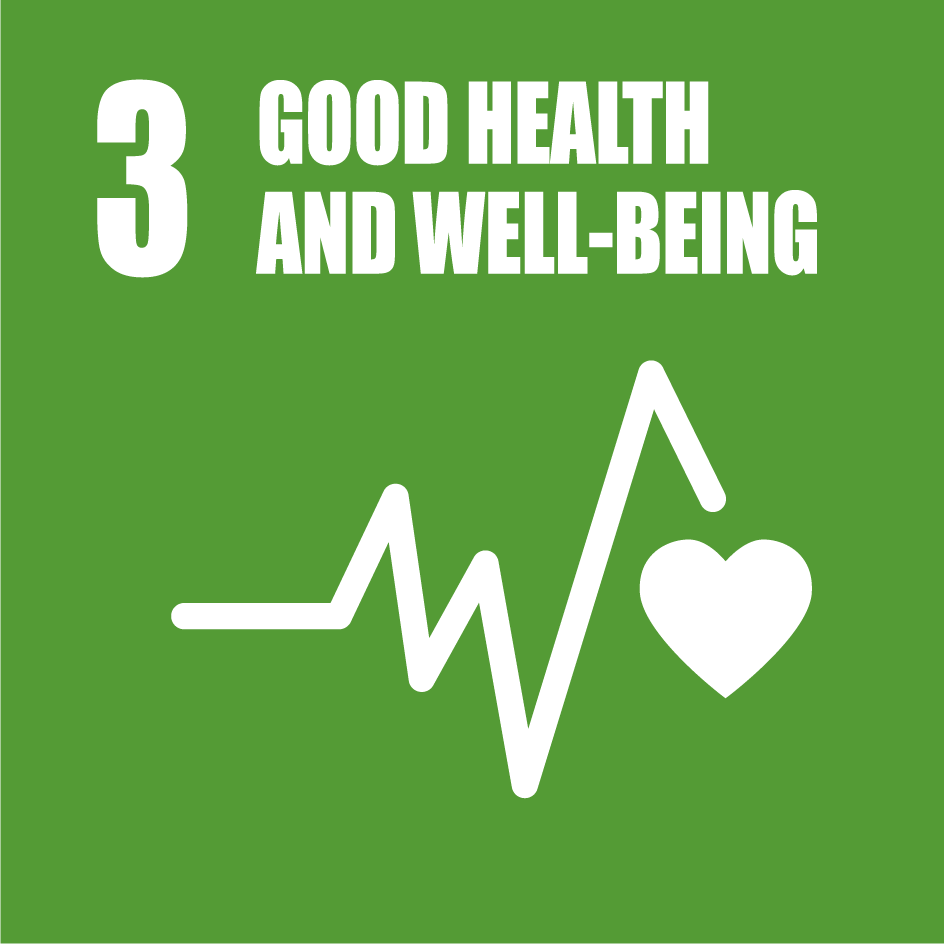
Goal 3: Good Health and Well-being
Criteria on workers’ health, safety, and welfare is central to our core solutions such as IFA and Compound Feed Manufacturing (CFM).
This includes aspects such as hygiene and sanitation, first aid and hazards, protective clothing, product and chemical handling, training, site management, and access to on-site amenities such as drinking water, hand washing facilities, and rest areas. This supports safe practices, competence to perform duties, and the provision of appropriate equipment to mitigate risks.
Our solutions also have an indirect impact on the reduction of illnesses of not only farm workers, but also of the neighboring communities from hazardous chemicals and air, water, and soil pollution.
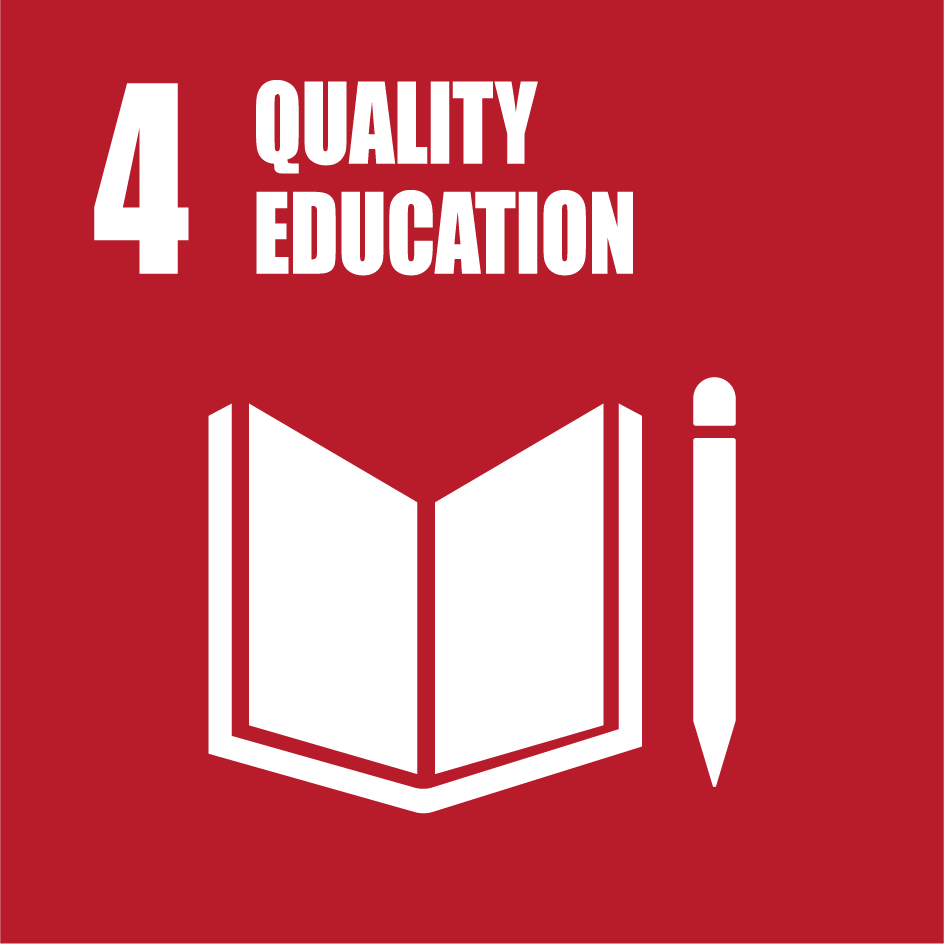
Goal 4: Quality Education
The GRASP add-on contributes most directly through criteria on working age, child labor, and young workers.
This includes requirements on the minimum age of employment, compulsory school access and right to education, including the facilitation of transport for children who are of compulsory school age, and remediation plans when workers under the age of 18 are found working in noncompliance.
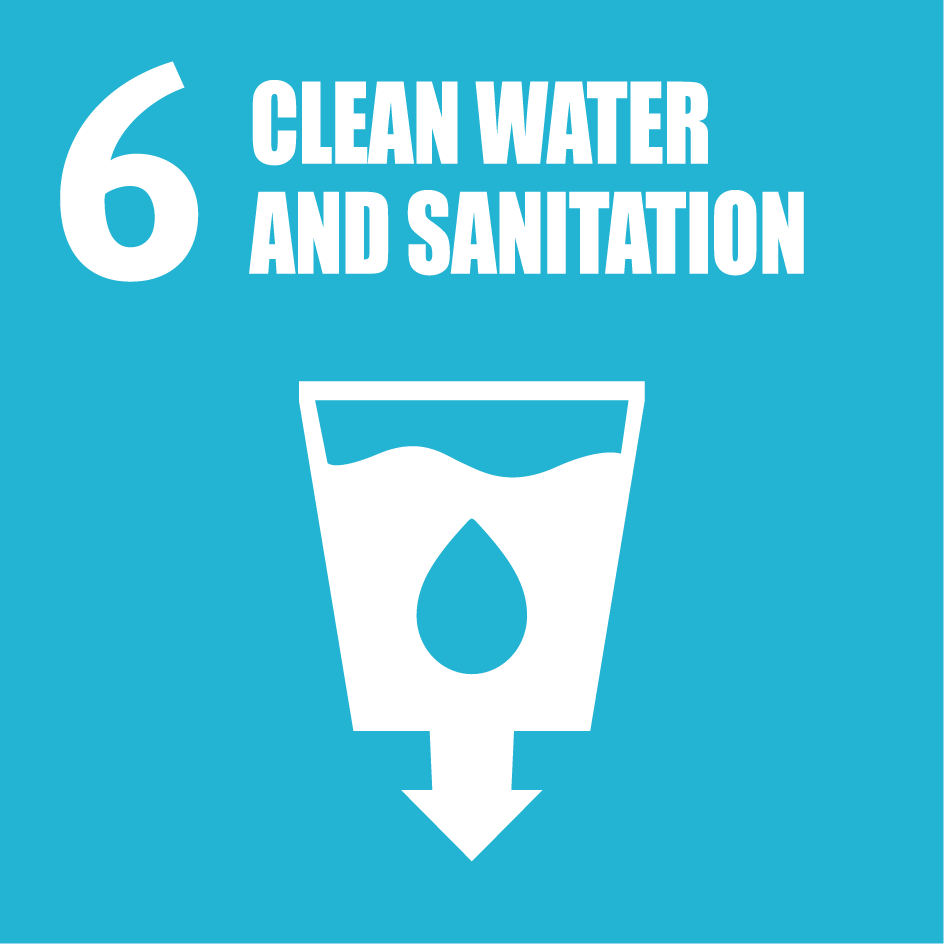
Goal 6: Clean Water and Sanitation
The flagship IFA standard contains criteria on drinking water and access to toilet and handwashing facilities at farm level. Water management requirements also ensure that waste water resulting from washing of contaminated machinery or protective equipment is collected and disposed of in a way that ensures minimum impact on the environment and the health and safety of workers, visitors, and nearby communities.
Pollution of water sources is addressed in both IFA and the dedicated water management add on – the Sustainable Program for Irrigation and Groundwater Use (SPRING).
For example, criteria covers both the storage of fertilizers and plant protection products, as well as their responsible disposal. Area management plans also facilitate cooperation between producers that share a water body, including measures to prevent the introduction and spread of pathogens.
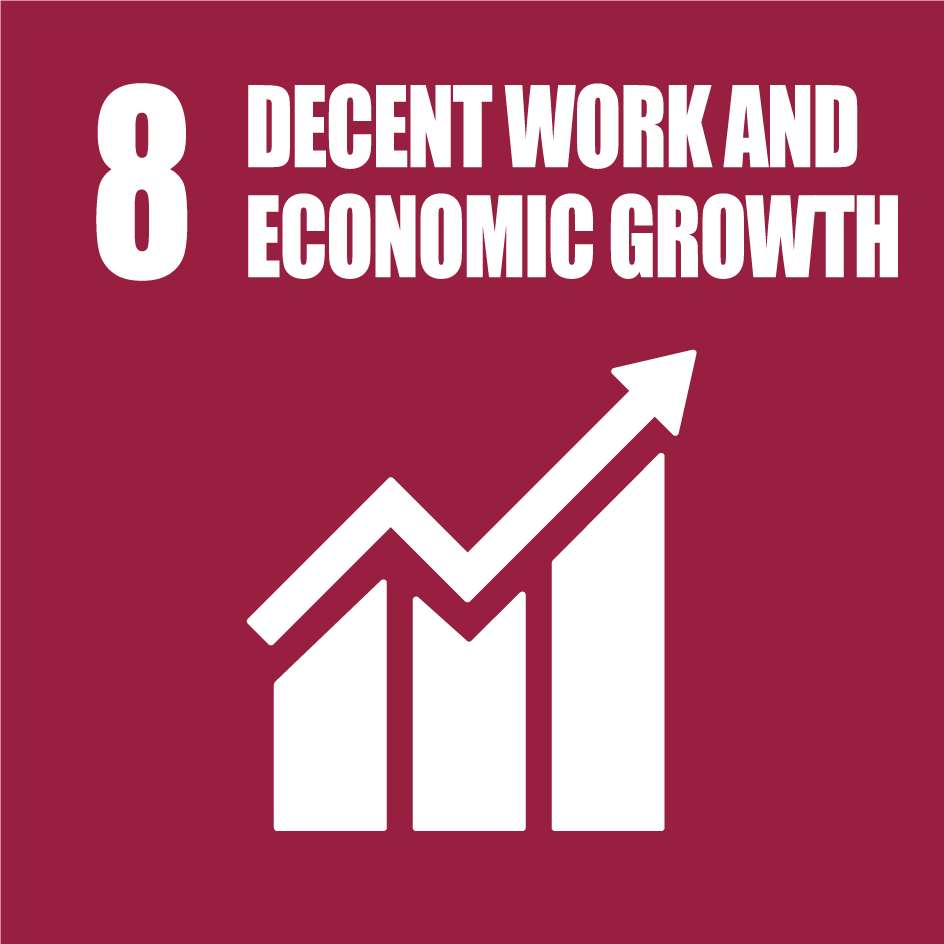
Goal 8: Decent Work and Economic Growth
The GRASP add-on is based on relevant parts of the International Labor Organization (ILO) conventions, helping producers establish a good social management system on their farms.
This includes the right to worker representation, the right of assembly, remuneration, and criteria on child labor, forced labor, and occupational health and safety.
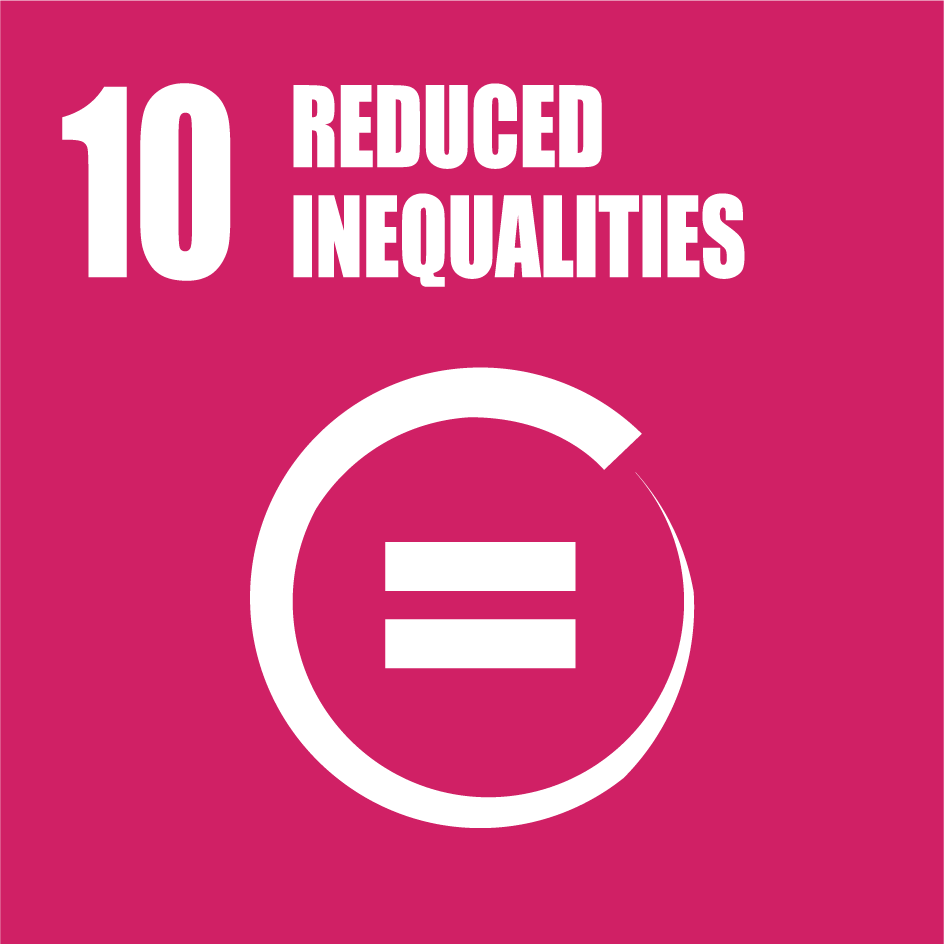
Goal 10: Reduced Inequality
Addressing discrimination, the GRASP add-on contains requirements on freedom from discrimination in relation to worker representation, organization membership, and complaints. Compliance is assessed through worker interviews and document reviews.
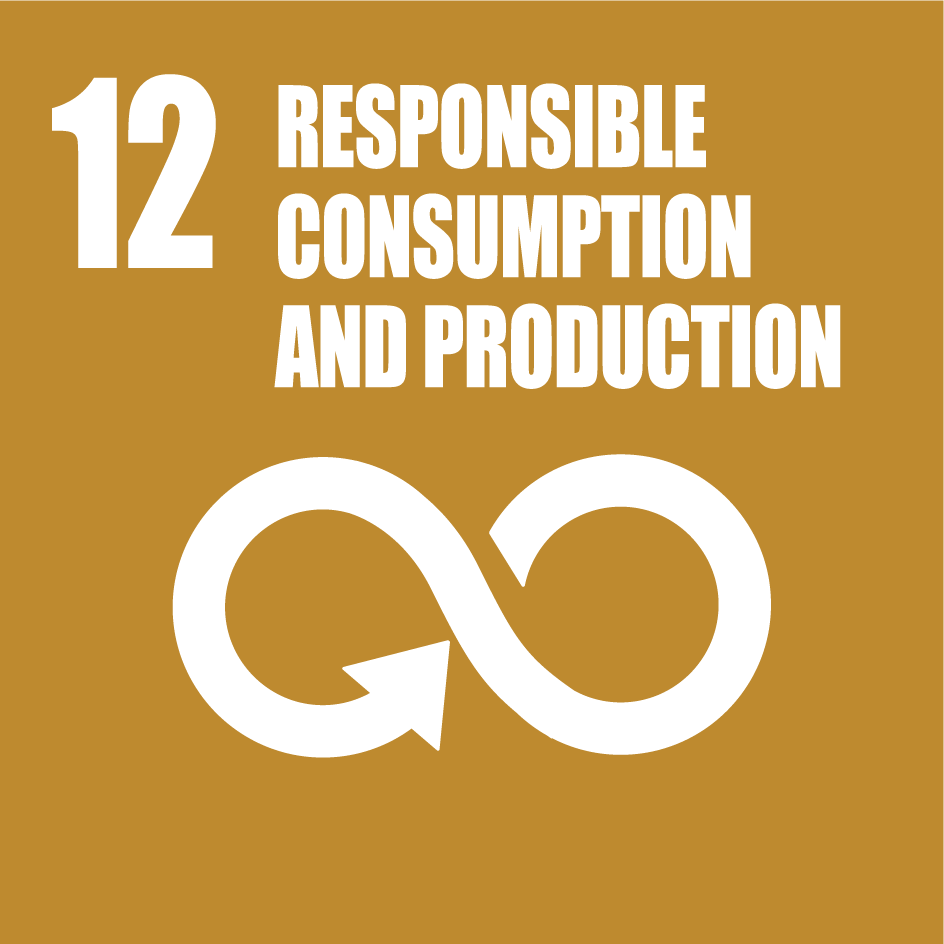
Goal 12: Responsible Consumption and Production
Our core solutions address responsible practices at both production and supply chain level through standards such as IFA, CFM, and GLOBALG.A.P. Chain of Custody.
This includes extensive criteria on waste management – including the collection and safe disposal of hazardous materials – as well requirements on aspects such as plastics, recycling, and biodiversity protection. Food waste must also be managed with a dedicated on-farm system.
The CFM standard addresses the responsible sourcing of raw materials, including requirements designed to address key ingredients such as soy, palm oil, and fish oil. These must be sourced from certified sources that address issues such as deforestation and Illegal, Unreported, and Unregulated (IUU) fishing.
The SPRING add-on contains robust criteria on water risks, legal compliance, and the management and use of water resources, including flow rates, irrigation systems, and recordkeeping.
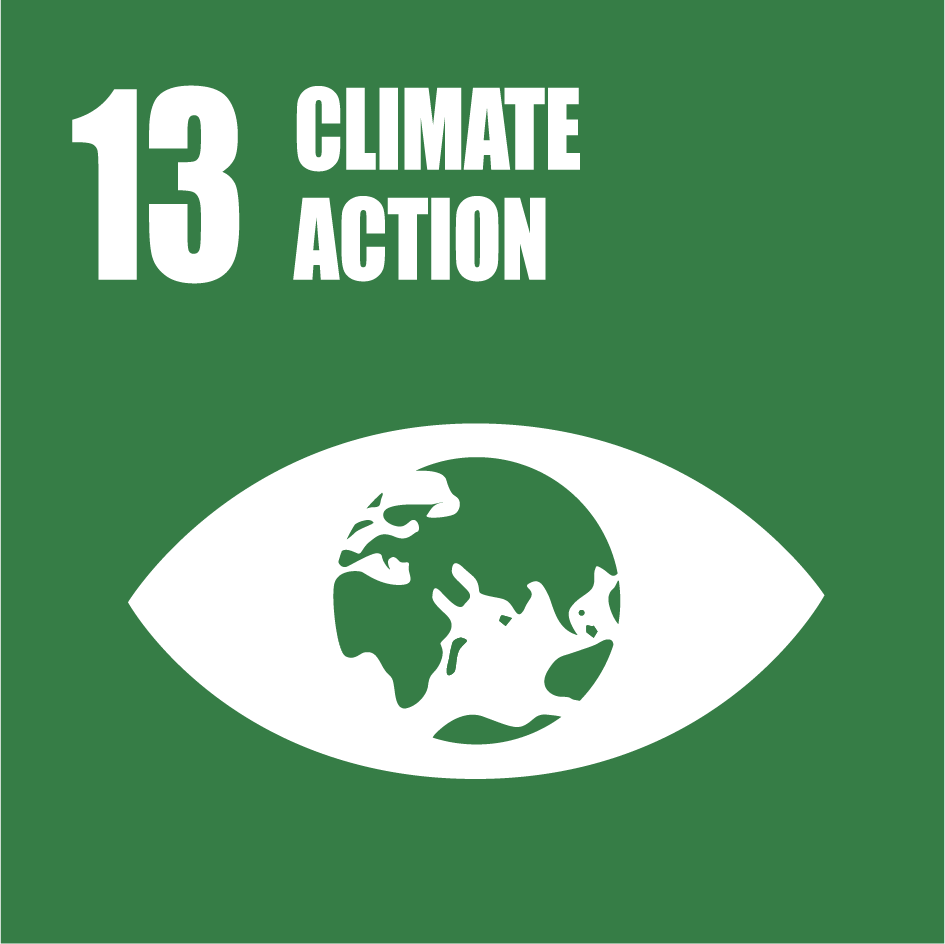
Goal 13: Climate Action
Criteria from IFA supporting goals 6, 14, and 15 also translate to action on climate change and supporting producers in identifying ways to make their production more sustainable and resilient, minimizing negative environmental impact.
Add-ons such as BioDiversity and SPRING tackle specific environmental issues affecting agriculture in European regions.
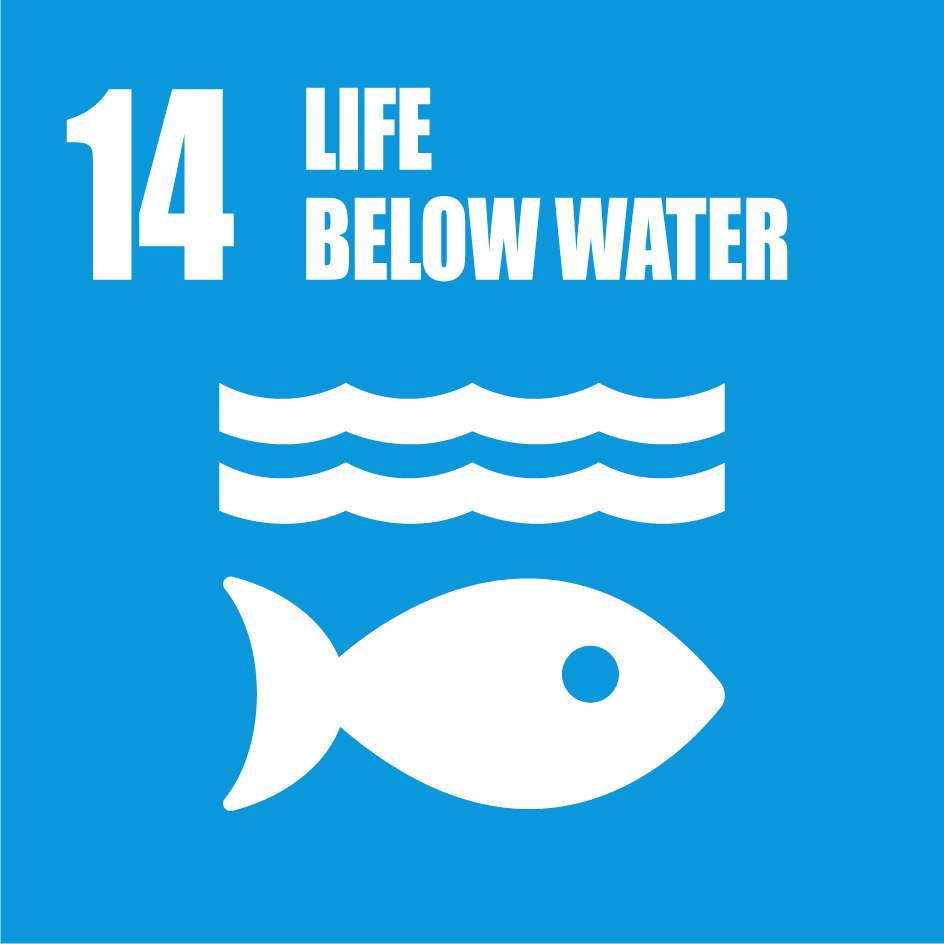
Goal 14: Life Below Water
The IFA for aquaculture standard contains extensive criteria on eutrophication for all farming systems, including monitoring of benthic biodiversity, chemical indicators, and possible accumulation of residues in recipient water body sediment. IFA also contains targeted criteria on mangrove ecosystems.
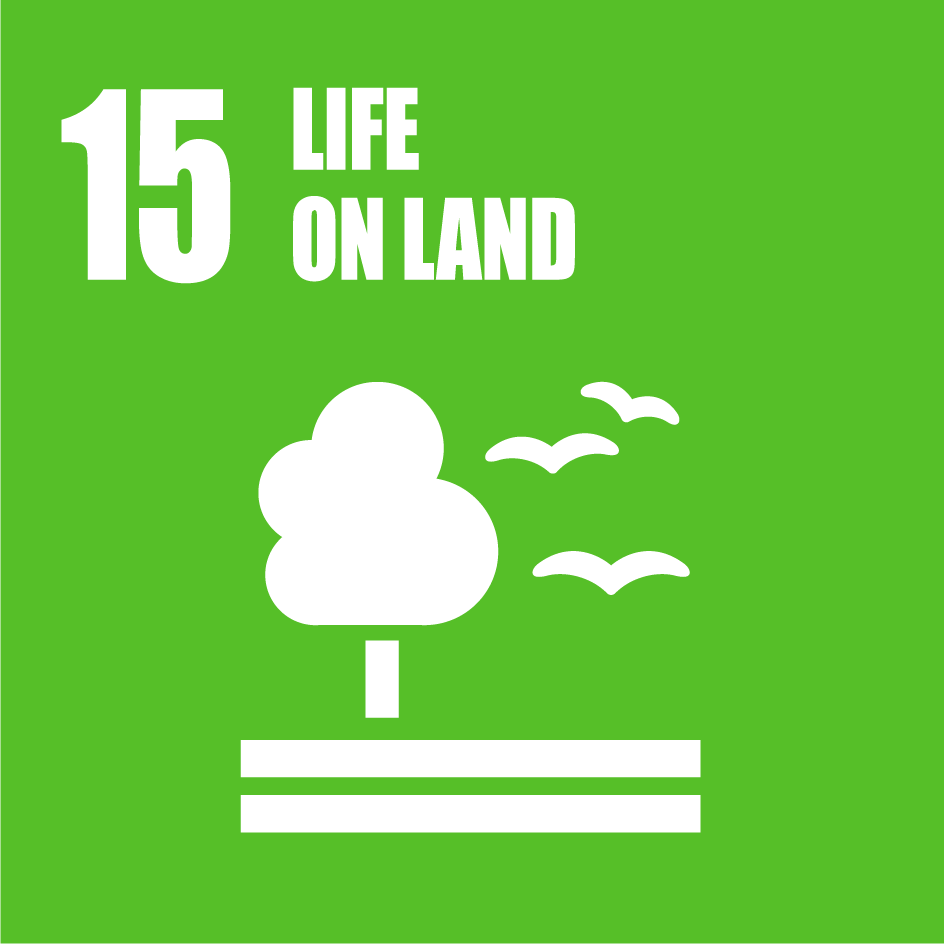
Goal 15: Life on Land
Criteria in the IFA standard supports the metric-driven management of biodiversity, including requirements for the restoration of natural or seminatural ecosystems and habitats that were converted to agricultural land between the years 2008–2013. Waste is also a large topic, with criteria tackling pollution, proper disposal of waste, and recycling.
The dedicated BioDiversity add-on builds on the foundation requirements in IFA with topics such as farm areas dedicated to biodiversity, protection and restoration measures, soil and nutrient management, and integrated pest management.
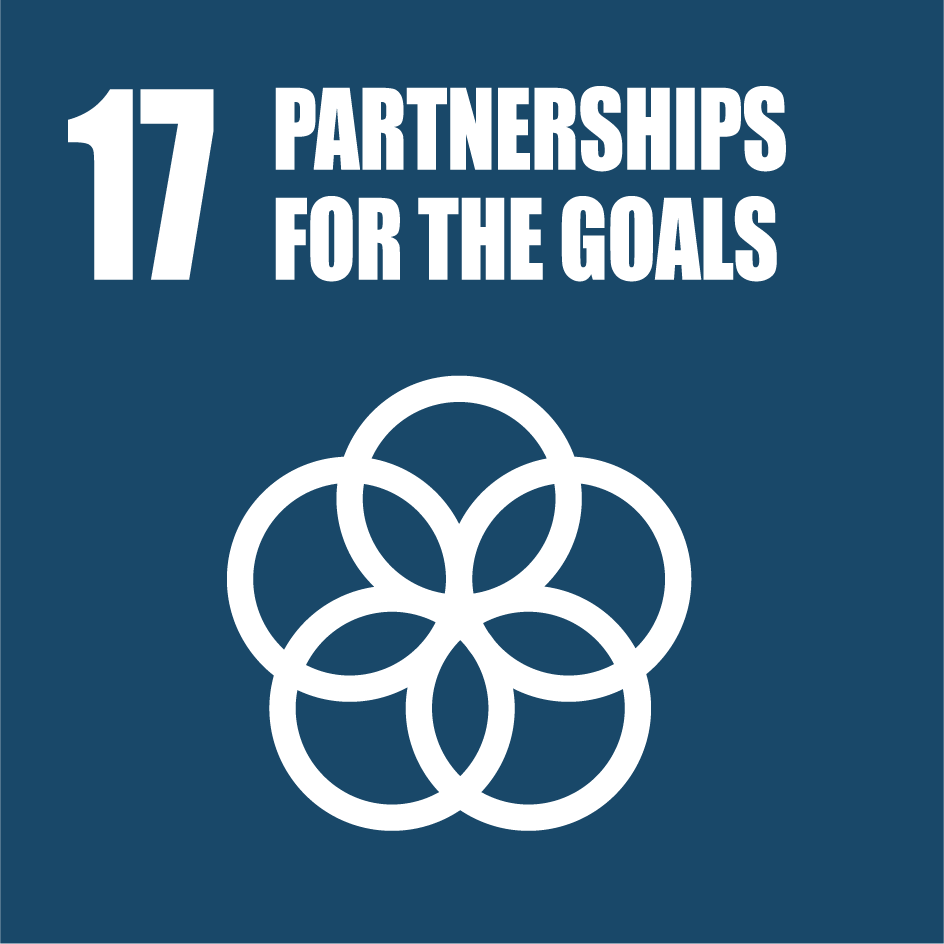
Goal 17: Partnerships to Achieve the Goal
We recognize that we can achieve more together, which is why an openness for industry-wide collaboration and partnership underpins our way of working.
GLOBALG.A.P. one of the most inclusive certification systems in the agriculture sector, supported by a unique community membership program that unites more than 430 organizations from across the global value chain.
Community members across three categories help drive collaboration and innovation through participation in the technical committees, focus groups, and national technical working groups.
We also work with a range of partners on capacity-building projects and topic-specific industry initiatives that help us to further our vision of safer and more sustainable farming worldwide.
Looking to the future
Facilitating sector transformation
With over 20 years of experience and innovation in the agriculture, aquaculture, and floriculture sectors, we are committed to continuously improving our smart farm assurance solutions. Find out more about our current activities relating to the Sustainable Development Goals (SDGs).
Environmental Sustainability Working Group
Environmental sustainability is becoming increasingly important in the farming industry.
GLOBALG.A.P.’s holistic flagship standard, Integrated Farm Assurance (IFA), already includes core requirements for various topics relating to environmental sustainability. However, some stakeholders want to go the extra mile to demonstrate their commitment to this crucial topic. The GLOBALG.A.P. Secretariat will therefore offer a farm assurance solution to meet this need.
The main task of the Environmental Sustainability Working Group is to develop this environmental sustainability solution ready for launch in 2025. The form of the solution – an add-on or stand-alone standard – has not yet been decided.
The working group will also explore how the GLOBALG.A.P. Secretariat can further embrace environmental sustainability while observing the principle of avoiding duplication at farm level in terms of certification, harmonization with existing sustainability programs, and the cost-effective adoption of good agricultural practices.
Visit the focus groups page for information on how you can get involved.